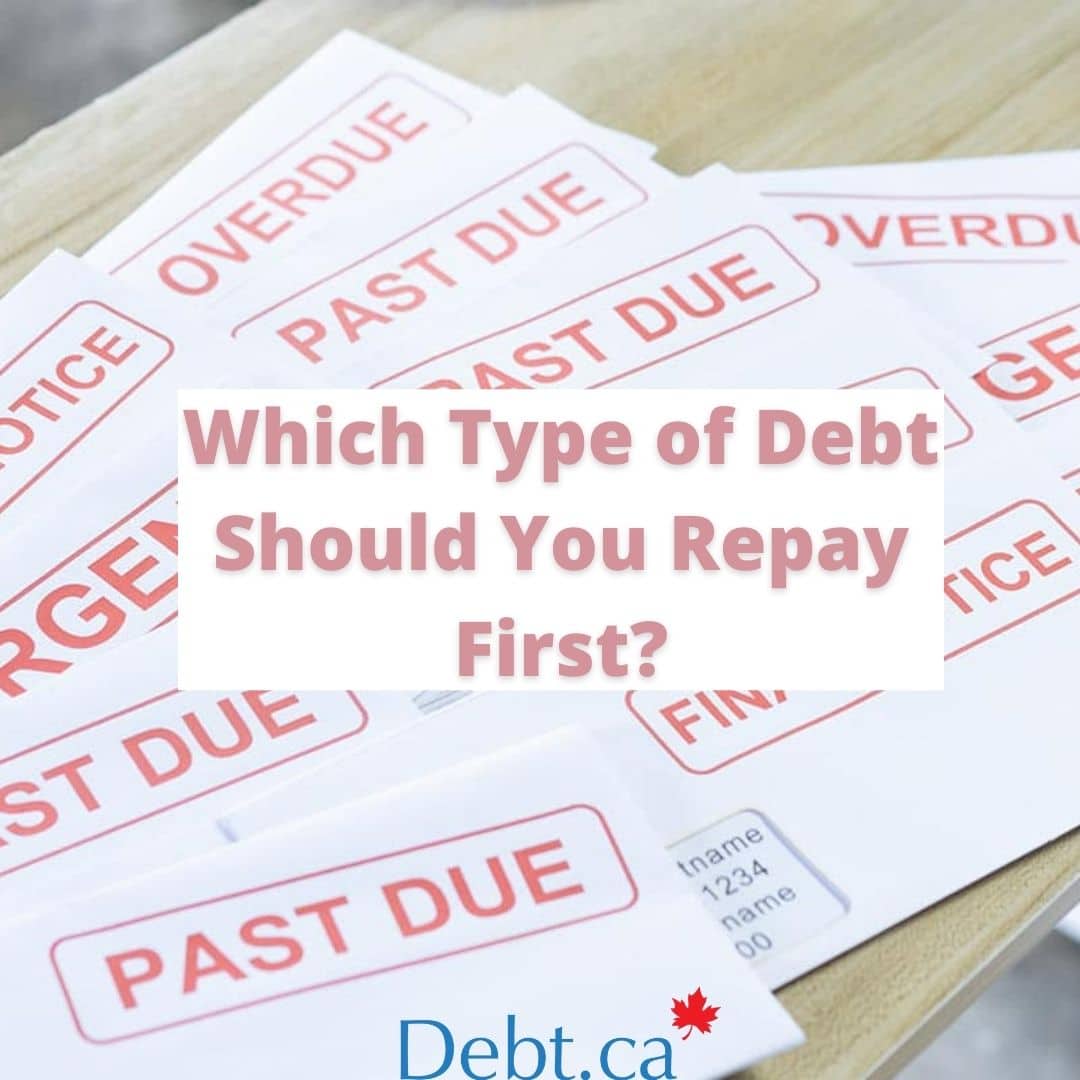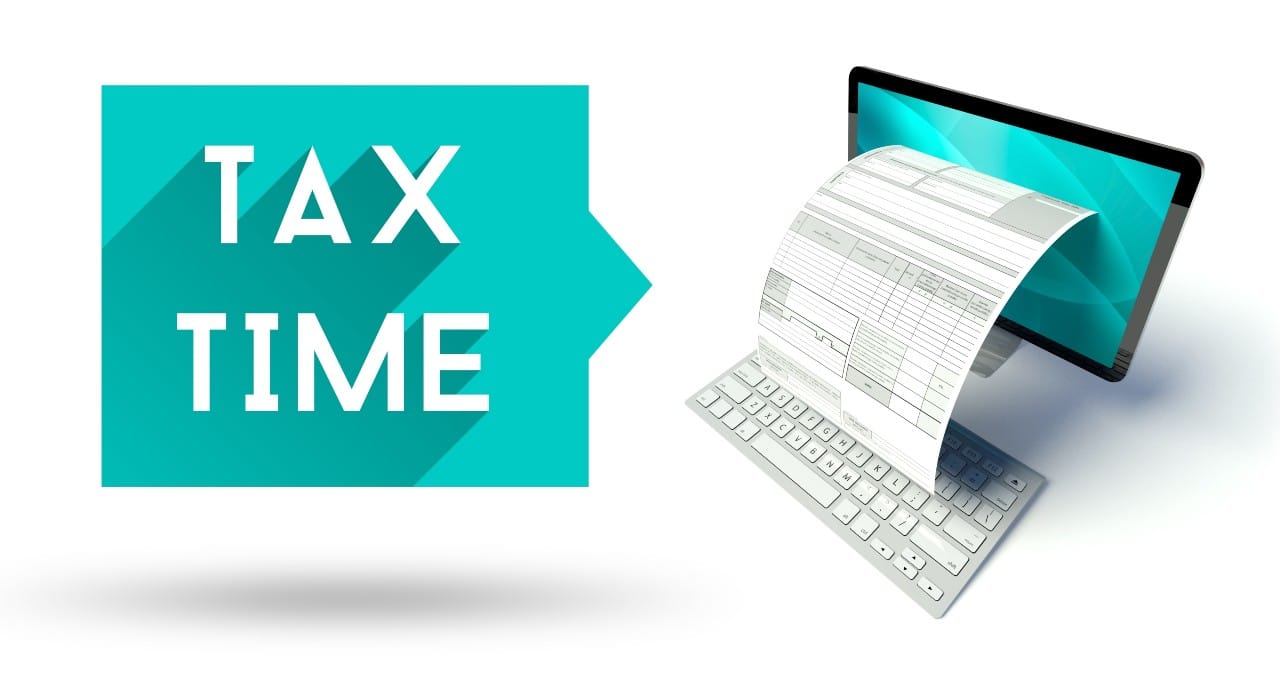Some people feel very anxious when they’re in debt and want to pay it off as soon as possible. But if you have a lot of debt or if you have many different types of debt. So which debt should you repay first?
The first thing that you should realize is that there are some types of debt that are better than others. In fact, these types of debt are sometimes referred to as ‘good debt.’ Any debt that has a relatively low-interest rate would fit into the category of ‘good debt.’ For example, home equity lines of credit (HELOCs) are usually low-interest debt. Debt that you carry on these lines of credit is better than the debt you carry on a credit card. Mortgages and student loans also tend to charge low-interest rates and so are also ‘good debt.’
The reason why ‘good debt’ is considered good is that the interest rates charged are usually so low that you can pay off the debt slowly. You can use the additional money to invest rather than to expedite your debt repayment. This helps you make a better return investing. For that reason, many financial experts suggest that you not pay off your mortgage too quickly since you’ll miss out on the opportunity to leverage that money by investing additional money into your retirement.
In contrast, bad debt is any debt that has a high-interest rate. It’s debt that charges more than you could make investing that money. High-interest rates debt is usually difficult to pay off since more of your payment goes towards the interest and not towards the principal or the balance of the loan or credit card. For that reason, it makes sense to aggressively pay this type of debt off.
Repay “Bad Debt” First
When you have multiple types of debt and are considering what to repay first, it’s important that you focus on the debt that has the highest interest rate. Here’s a rundown of the debt you should likely focus on first:
Credit Card Debt
Generally, credit card charges the highest interest rates out of any kind of debt. Except for payday loans. Most people will pay anywhere from 15% to 30% interest on their credit card. That’s a significant amount of interest and so you must repay this debt as quickly as possible. If you have multiple credit cards, pay off the debt on the card with the highest interest rate first.
You might even consider taking out a debt consolidation loan to lower your interest rate. You can pay off your credit card debt using that loan. Another option might be to take out a credit card with a low or 0% introductory interest rate. That will allow you to reduce the amount of interest that you’re paying on your debt and ensure that you repay your loan faster. Just be careful to repay your debt before the introductory period ends.
High-Interest Installment Loans and Lines of Credit
If you all have high-interest installment loans like auto loans, consolidation loans, or any other type of loan that has an interest rate that’s higher than 7%, you should re-pay this debt next. Since 7% is around the average rate of return you might be expected to make if you invest your money in the stock market. If you’re paying a higher percentage of interest than that on any loan, then you should focus on accelerating your repayment on these types of loans.
Repay “Good Debt” Later
Home Equity Lines of Credit (HELOCs) or Home Equity Loans
While HELOCs and home equity loans have low-interest rates, they can sometimes be more than what you’re paying on your mortgage or on your student loans. If they are, then you should focus on repairing this type of debt next. This could be especially important if you plan on selling your home since you will likely have to pay off your HELOC after the sale. If your home has gone down in value, you might not be able to cover the repayment with the sale of your home.
Student Loans
Student loans are good debt because they allow you to get a great education and charge a relatively low-interest rate. If you’re paying less than 7% on them, it might not make sense to accelerate your repayment. That’s because you can leverage that money to invest towards your retirement instead. It likely makes sense to pay off your student loans within the normal time frame.
Your Mortgage
If you have a mortgage and hate paying your monthly payment, you might be tempted to pay off your mortgage more quickly. It might seem like a great idea to be mortgage-free, but if all your money is tied up in your home. You won’t have money to invest in other things. That’s why your mortgage is one of the last things that you should repay.
Don’t Listen to Your Emotions in Debt Repayment
When it comes to repaying your debt, it can be difficult to know which kind you should repay first. And sometimes emotional feelings about debt take over. You might really want to be able to say you are debt free. But if you’re compromising your retirement security to get there that won’t help you in the long run.
Some forms of debt are very bad and you should be focused on paying them off as quickly as possible. However, others are good and you can take your time repaying them. Knowing this difference will make a huge impact on your financial life and future.






